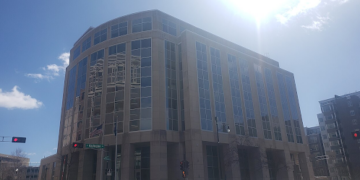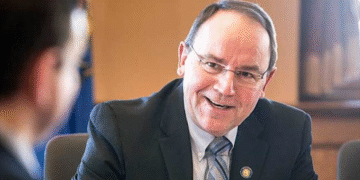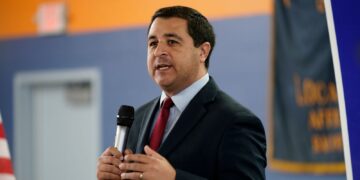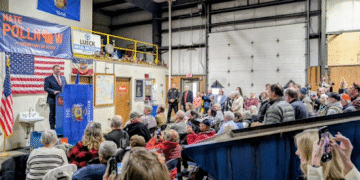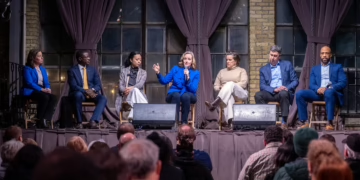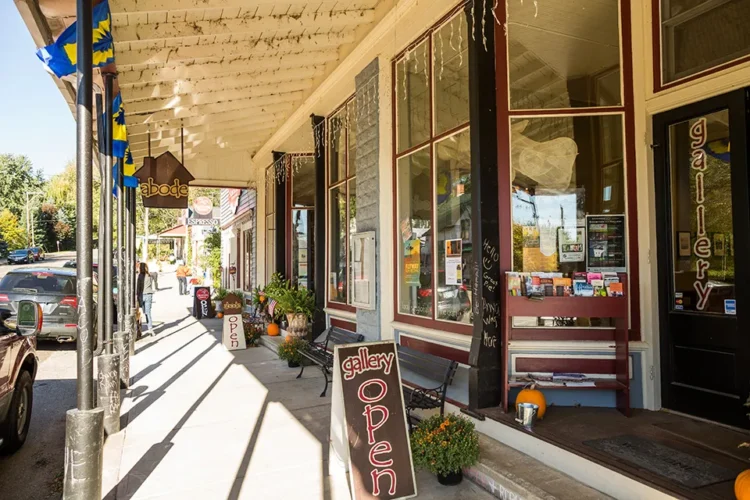Legislative Republicans spearheaded a revamp of Wisconsin’s county and municipal aid program over the last few months in Assembly Bill 245, a sustainable funding solution that will bring increased growth and development to communities across the state.
Wisconsin’s local governments see a significant portion of their revenue from property taxes and value assessments. In addition to property tax revenue, counties and municipalities statewide also receive what is commonly referred to as “shared revenue” payments, or county and municipal aid and utility aid payments. Assembly Bill 245 is designed to maintain and grow those resources we all benefit from while giving our communities the opportunity to make more decisions at a local level.
Due to reductions in funding in 2004, 2010 and 2012, Wisconsin’s local governments have seen a decrease in shared revenue payments, leading to an increased over-reliance on property tax revenue that is creating a steadily increasing burden on middle class families.
The shared revenue program, made up of county and municipal aid and utility aid payments, is unique in that local governments can use the funding how they pleased, from roads and infrastructure, to police and fire. Since 2013, the funding levels for these local aid programs have remained stagnant, and legislative republicans recognized that it is high time a change was implemented.
After months of negotiations, a new funding formula has been implemented with the successful enactment of Assembly Bill 245. This new formula devotes 20% of state sales tax revenues to local governments, approximately 1.5 billion. Every local government will see at least a 10% minimum increase in their state shared revenue payments, with new funds directed specifically towards law enforcement and ems services.
With the creation of a new Local Government Segregated Account, increases in the existing shared revenue program and over 200 million in new money will be tied to growth of Wisconsin’s sales tax revenue. The new formula crafted by legislative Republicans directs greater funding to Wisconsin’s hometowns, which have been neglected as the state has become obligated to fix big city dysfunctionality.

